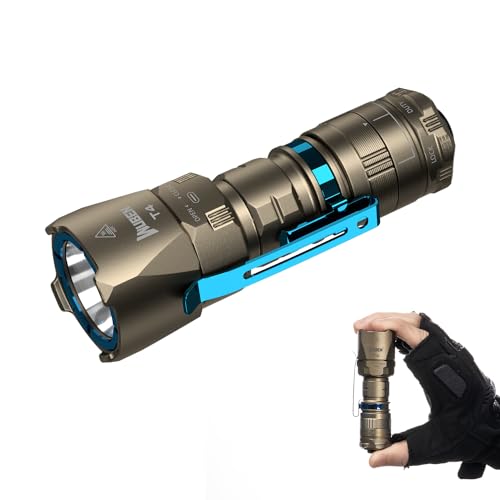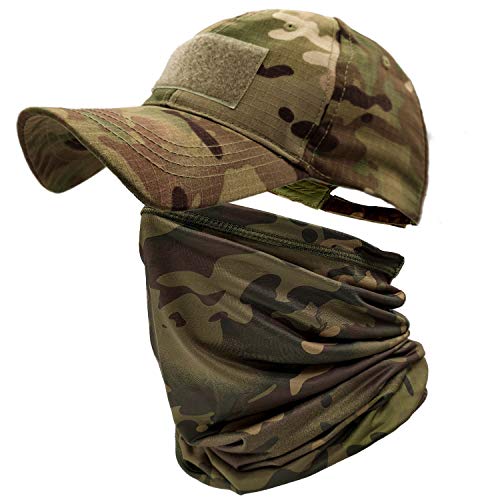Well I've taken a side step from editing my back catalogue alphabetically to bring you my most recent explore. I present for you delight RAF Church Fenton.
Opened in 1937, it saw the peak of its activity during the years of World War II, when it served within the defence network of fighter bases of the RAF providing protection for the Leeds, Bradford, Sheffield, Humberside industrial regions.
In September 1940 it became home to the first RAF "Eagle squadron" of American volunteers (71). It also hosted the first all-Canadian RAF Squadron (242) and the first all-Polish RAF Squadron (306).
As technologies evolved, the first night fighter Operational Training Unit (54 OTU) was formed at Church Fenton in 1940 and stayed until 1942. Some of the squadrons stationed there flew the famous "Wooden Wonder", the De Havilland Mosquito.
After the war it at first retained its role as a fighter base, being among the first to receive modern jet aircraft, namely the Gloster Meteor and the Hawker Hunter. In later years, its role was mainly flight training, from 1973 for a few years being home to the Royal Navy Elementary Flying Training School (RNEFTS) using the Jet Provost T3, and again 1979-1992, triggered by the introduction of the Panavia Tornado, being the first station to receive the new turboprop-powered Short Tucano T1 basic fast jet trainers. From 1998-2003 Church Fenton was the RAF’s main Elementary Flying Training airfield.
The site closed in December of 2013. A businessman bought the base from the MOD and is operating it as Leeds East Airport - catering for private planes and a flight training centre.
Visited recently on a grey, drizzly Sunday in the company of the one known only as ... Zero81.
I rather liked this place a lot. On with the images.
1.

2.

3.

4.
Air raid shelter

5.

6.

7.

8.

9.

10.

11.

12.

13.

14.

15.

16.

17.

18.

19.

20.

21.

22.

23.
I loved this room - I could have spent an hour or more in here.

24.

25.

26.

27.

28.

29.

30.

31.

32.

33.

Hope you enjoyed the report and pics as much as I enjoyed the site - I think my joint favourite explore of recent months .
.
Opened in 1937, it saw the peak of its activity during the years of World War II, when it served within the defence network of fighter bases of the RAF providing protection for the Leeds, Bradford, Sheffield, Humberside industrial regions.
In September 1940 it became home to the first RAF "Eagle squadron" of American volunteers (71). It also hosted the first all-Canadian RAF Squadron (242) and the first all-Polish RAF Squadron (306).
As technologies evolved, the first night fighter Operational Training Unit (54 OTU) was formed at Church Fenton in 1940 and stayed until 1942. Some of the squadrons stationed there flew the famous "Wooden Wonder", the De Havilland Mosquito.
After the war it at first retained its role as a fighter base, being among the first to receive modern jet aircraft, namely the Gloster Meteor and the Hawker Hunter. In later years, its role was mainly flight training, from 1973 for a few years being home to the Royal Navy Elementary Flying Training School (RNEFTS) using the Jet Provost T3, and again 1979-1992, triggered by the introduction of the Panavia Tornado, being the first station to receive the new turboprop-powered Short Tucano T1 basic fast jet trainers. From 1998-2003 Church Fenton was the RAF’s main Elementary Flying Training airfield.
The site closed in December of 2013. A businessman bought the base from the MOD and is operating it as Leeds East Airport - catering for private planes and a flight training centre.
Visited recently on a grey, drizzly Sunday in the company of the one known only as ... Zero81.
I rather liked this place a lot. On with the images.
1.

2.

3.

4.
Air raid shelter

5.

6.

7.

8.

9.

10.

11.

12.

13.

14.

15.

16.

17.

18.

19.

20.

21.

22.

23.
I loved this room - I could have spent an hour or more in here.

24.

25.

26.

27.

28.

29.

30.

31.

32.

33.

Hope you enjoyed the report and pics as much as I enjoyed the site - I think my joint favourite explore of recent months

































